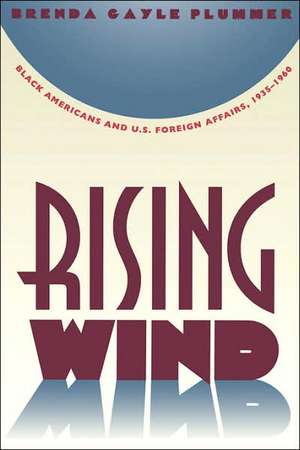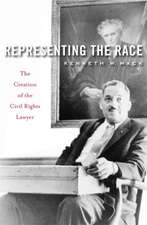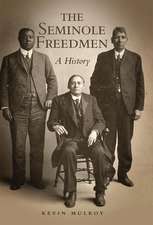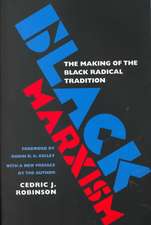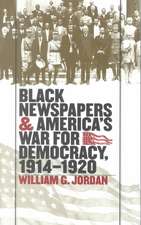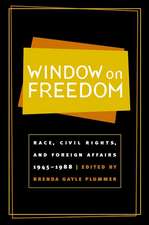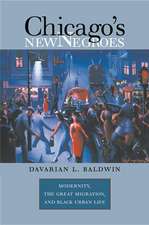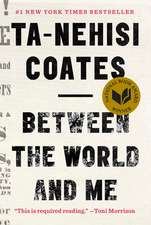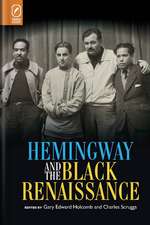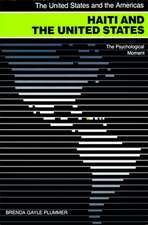Rising Wind: Black Americans and U.S. Foreign Affairs, 1935-1960
Autor Brenda Gayle Plummeren Limba Engleză Paperback – 31 mai 1996
Preț: 349.55 lei
Nou
Puncte Express: 524
Preț estimativ în valută:
66.88€ • 69.84$ • 55.23£
66.88€ • 69.84$ • 55.23£
Carte tipărită la comandă
Livrare economică 15-29 aprilie
Preluare comenzi: 021 569.72.76
Specificații
ISBN-13: 9780807845752
ISBN-10: 0807845752
Pagini: 442
Dimensiuni: 156 x 235 x 28 mm
Greutate: 0.68 kg
Editura: University of North Carolina Press
ISBN-10: 0807845752
Pagini: 442
Dimensiuni: 156 x 235 x 28 mm
Greutate: 0.68 kg
Editura: University of North Carolina Press
Textul de pe ultima copertă
Brenda Gayle Plummer brings a new perspective to the study of twentieth-century American history with her analysis of black Americans' engagement with international issues, from the Italian invasion of Ethiopia in 1935 through the wave of African independence movements of the early 1960s. Plummer first examines how collective definitions of ethnic identity, race, and racism have influenced African American views on foreign affairs. She then probes specific developments in the international arena that galvanized the black community, including the rise of fascism, World War II, the emergence of human rights as a factor in international law, the Cold War, and the American civil rights movement, which had important foreign policy implications. However, she demonstrates that not all African Americans held the same views on particular issues and that a variety of considerations helped shape foreign affairs agendas within the black community just as in American society at large.
